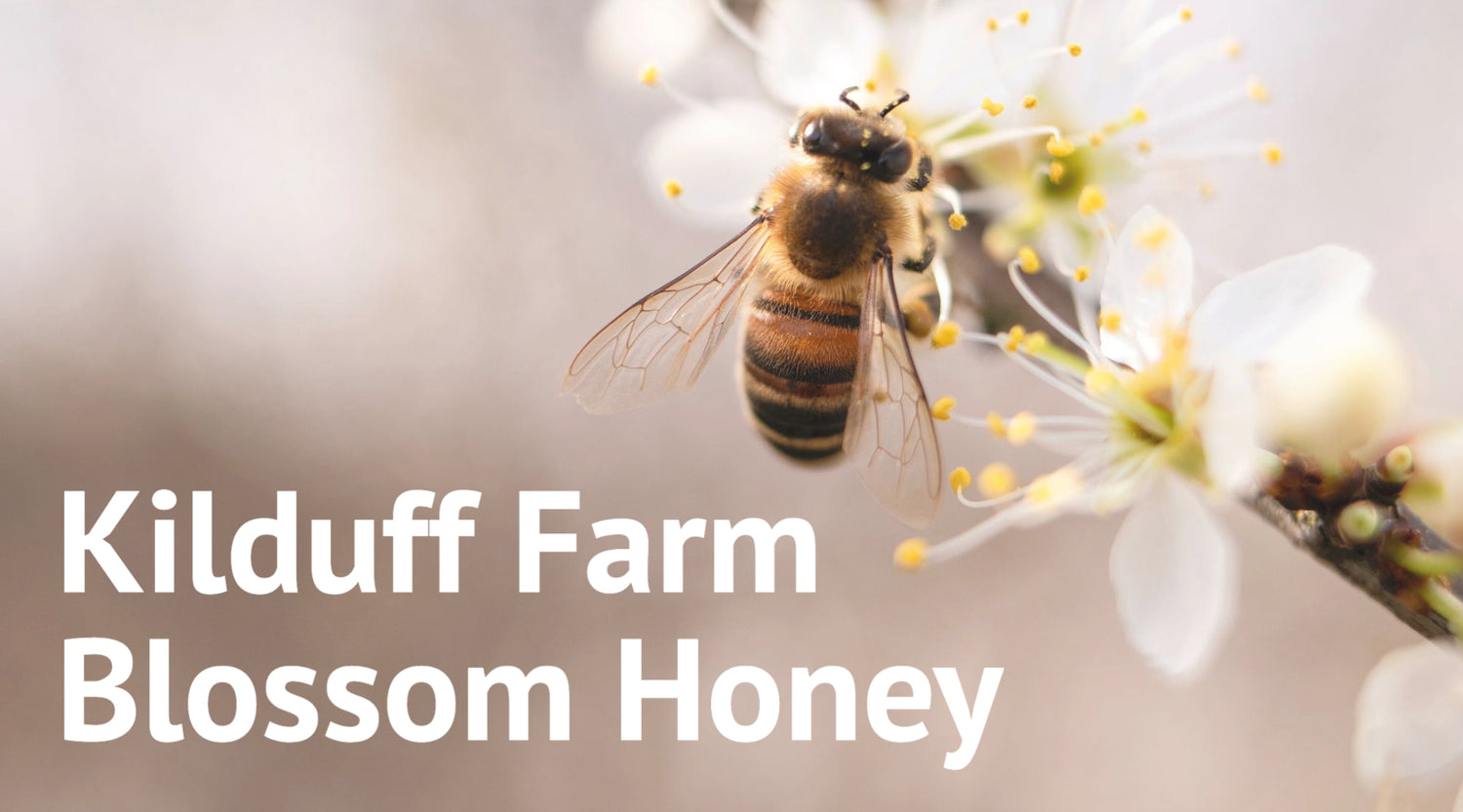Different ways to plant your wildflower seeds
You’ve received a small pack of wildflower seeds with your Scottish Bee Company gift but what next? Our apprentice and garden lover Katie is here to talk you through different ways to plant your wildflower seeds.
The end of summer often indicates the end of the active gardening season in the UK, but autumn is one of the best times to sow your wildflower seeds. If you have wildflowers you may have noticed that end of summer and early autumn is when they release their seeds so by sowing in autumn you are simply following the natural cycle.
Sowing at this time of year will give some seeds a chance to germinate before winter. They will be raring to go come spring. Other seeds may benefit and germinate better from a period of cold, in fact some species such as poppy can’t germinate without this cold start. Whatever the case, sowing at this time gives your seeds a chance to get going.
A good indication of timing is when your soil is nice and easy to cultivate – not too dry and not too wet. If you’re sowing in a container then this won’t be as much of an issue.

Sowing in open ground
If you can, choose a sunny spot as most wildflowers like sunlight. Remove any weeds that might be growing and give your area a light dig removing large clumps and rocks. Don’t worry about adding anything to your soil – wildflowers thrive in crummy, unfertile ground. Next give the area a light rake. If possible you want the soil to be quite fine. Then sprinkle your seeds over the top. Lightly rake again so that there is a very fine layer of soil over the seeds, not too much as they need the light. The great thing about sowing in autumn is you don’t need to worry about watering as there is no growing happening. Come Spring you should start seeing your plants popping up.
Careful not to sow your seeds in or near open countryside or nature reserves as you don’t want your wildflowers cross pollinating with what is already there.

Sowing in containers
If you don’t have a patch of soil or very much space fear not because your wildflowers can quite easily be grown in a container. I went on Freecycle and got myself an old wheelbarrow and it made for a great container. Really anything is possible! One thing I will say is a bit of depth is good as it gives plenty of room for the roots and you will have healthier plants as a result.
Whatever container you use, make sure there are a few drainage holes at the bottom and if you like, add some stones, bits of old terracotta etc to aid drainage further. Choose your spot and then fill your container – ideally with topsoil or a multipurpose compost. Gently firm down the soil as you fill your container and break up any big lumps and clumps! Leave about an inch at the top of the container to allow room for watering. Sprinkle your seeds and cover with a very fine layer of soil and wait for Spring!
Of course, you can also sow your wildflower seeds in Spring, just remember to water!
If you have any questions, please don’t hesitate to ask.
Wildflowers in the mix:
Yarrow
Oxeye daisy
Common Knapweed
Field poppy
Field scabious
Musk mallow
Cornflower
Wild cherry
Foxglove
Corn marigold
]Why not check out our honey gifts here, our candles here and the full range of gifts here







2 comments
Exactly what I was after, is it too late to put seeds down now? (end june) to have them grow for autumn? Or better to leave it and sow in autumn for next spring now? Many thanks in advance..
Hello. I’m the editor of a new magazine called Bees and Pollinators Quarterly (BQ Magazine). I adore your picture of the wheelbarrow full of poppies and wonder if I could persuade you to let me use it in return for a plug for your company? I’m pulling together an article about planting containers for pollinators and am struggling a bit to find really eye-catching images…
Many thanks, Katy (07951 904 755)